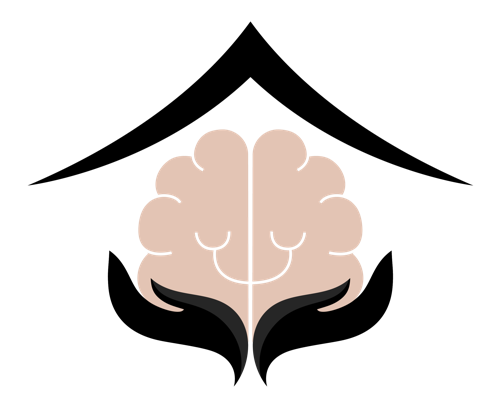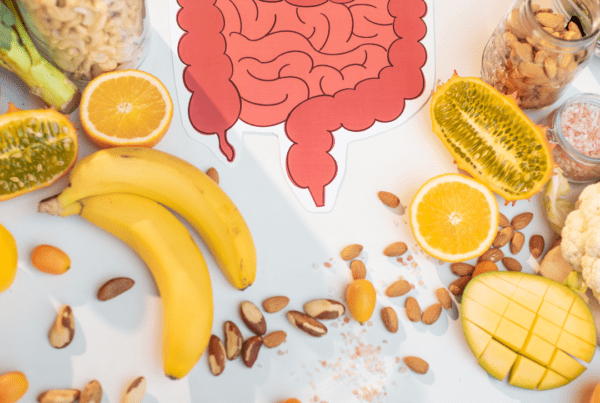The intricate connection between the gut and the brain, often referred to as the “gut-brain axis,” reveals a complex communication network that not only underscores the digestive functions but also plays a pivotal role in influencing our mental health/ This fascinating relationship has led scientists to nickname the gut as our “second brain.” In this article, we’ll explore the scientific basis behind this concept and delve into how this connection impacts conditions like depression and anxiety.
Understanding the Gut-Brain Axis
The gut-brain axis is a bidirectional communication pathway that links the emotional and cognitive centers of the brain with peripheral intestinal functions. This connection is mediated through various pathways, including the vagus nerve, the immune system, and the production of neurotransmitters and hormones.
The Enteric Nervous System: The Second Brain
At the heart of the gut’s complex machinery lies the enteric nervous system (ENS), a vast network of neurons embedded in the lining of the gastrointestinal system. With over 100 million nerve cells, the ENS is so extensive and autonomous in its functions that it’s often termed the “second brain.” The ENS doesn’t formulate thoughts or make decisions like our brain does, but it communicates with the central nervous system to help regulate digestive processes.
The Role of Microbiota in Mental Health
The gut microbiota, the trillions of microorganisms in our intestines, is critical in the gut-brain dialogue. These microbes can produce and influence the levels of various neurotransmitters and neuromodulators, such as serotonin, dopamine, and gamma-aminobutyric acid (GABA), which are pivotal in regulating mood and emotions. Interestingly, about 95% of the body’s serotonin, a key neurotransmitter involved in depression and anxiety, is produced in the gut.
Gut Health and Its Impact on Depression and Anxiety
The state of our gut health can profoundly affect our mental well-being. Dysbiosis, an imbalance in the gut microbiota, has been linked to a range of psychiatric and neurological disorders, including depression and anxiety. This imbalance can lead to inflammation and a compromised intestinal barrier, allowing harmful substances to enter the bloodstream and potentially trigger immune responses that impact the brain, contributing to symptoms of depression and anxiety.
The Communication Pathways
- Neurotransmitters: Gut bacteria produce a variety of neurotransmitters that can signal the brain and influence mood and behavior.
- Vagus Nerve: This nerve is a primary communication route between the gut and the brain, transmitting signals in both directions.
- Immune System: The gut microbiota influences the immune system, producing inflammatory cytokines, which can affect brain health.
- Metabolic Pathways: Short-chain fatty acids produced by gut bacteria from the fermentation of dietary fibers can have various effects on brain function.
Implications for Treatment
Understanding the gut-brain connection opens new avenues for treating mental health conditions. Probiotics, prebiotics, and diet modifications that aim to restore a healthy balance of gut microbiota could potentially alleviate symptoms of depression and anxiety. These strategies complement traditional treatments and highlight the importance of a holistic approach to mental health care.
Conclusion
Recognizing the gut as our “second brain” offers a revolutionary perspective on mental health. It underscores the importance of gut health in maintaining overall well-being and opens up innovative treatment approaches for mental health conditions. Safe Haven Health is committed to exploring and integrating holistic and practical strategies to support mental health, recognizing the intricate interplay between our bodies and minds.



